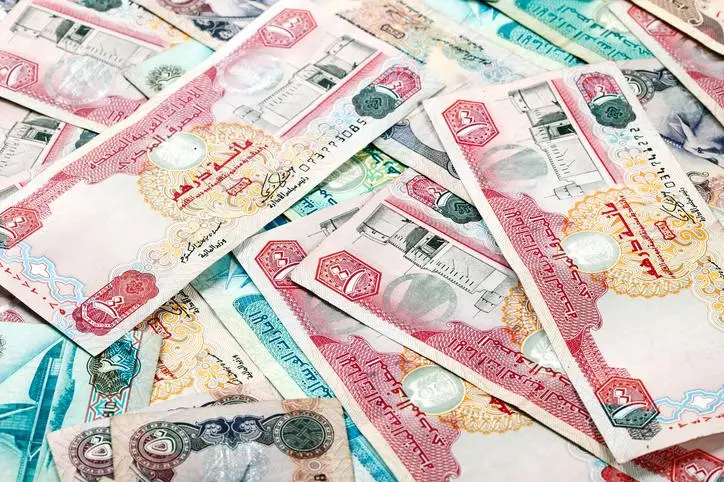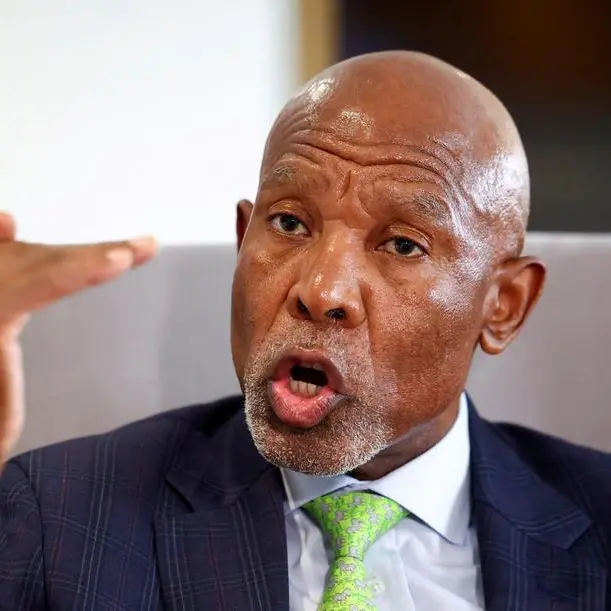PHOTO
Importing goods from Turkey, Pakistan, India and China have become cheaper by up to 80 per cent due to the rising value of the UAE dirham against major emerging market currencies, hence benefitting consumers.
Over the last few months, the dirham has strengthened over 20 per cent against the Pakistani rupee, 10.5 per cent versus the Indian currency and 11.7 per cent against the Chinese yuan. The Turkish lira has also declined massively against the dollar-pegged currencies, losing 80 per cent in the past eight months.
Anita Yadav, head of fixed income research at Emirates NBD Research, said in theory, a strengthening currency does reduce inflation, particularly for economies that have a sizeable import bill.
"The US dollar - and consequently the dirham - has strengthened against the emerging market currencies this year and this does help in reducing the import prices. However, the total inflation contains several components such as housing and education bill that do not get impacted by import prices," she said.
According to the UAE Federal Competitiveness and Statistics Authority, inflation declined to 3.29 per cent in June compared to 3.48 per cent a month earlier.
Yadav said recent inflation in the UAE has been around 3.1 per cent, which is expected to reduce in the coming months as benefits of strengthening currency become evident.
Monica Malik, chief economist, Abu Dhabi Commercial Bank, said the dirham's strength is a factor keeping imported inflation low. However, other developments are also significant, notable the drop in rental prices.
Passing on benefits
Anis Sajan, managing director, Danube Group, said stronger currency helps brings inflation down as the cost goes down for most of the goods that are being imported into the UAE.
"Because cost of raw material falls, it makes import cheaper."
He stressed that companies in the UAE are passing on the benefits of the stronger dirham to consumers as imports cost less from many countries.
"Generally, prices go down due to cheaper imports; there are companies who pass on the benefit and while some hold on. But most of companies do pass on the benefit of cheaper imports to make sure that they get the business, but subject to the stocks available at that particular time," he said.
Sajan also pointed out that cheaper imports will help balance VAT impact on the consumers.
"When import price is less and you pass on that import benefit costs, which is cheaper to the client, the VAT gets automatically balanced with the cost. It eventually helps the customer, so it's a win-win situation for all," Sajan added.
Deepak Babani, executive vice-chairman, Eros Group, said imports are a little bit cheaper but he doesn't sees much impact of the dirham's strength on the electronics items because most of the items are being imported from China where exporters have been asked not to heavily lower the prices.
He stressed that imports from other countries such as India, which is one of the largest trading partners, will have a better pricing such as food, garments and software.
Babani sees firms also passing on benefits to consumers though it varies from company to company.
Time to negotiate
Figures show that trade between the UAE and China grew 15 per cent to $53.3 billion, with imports growing by 14.7 per cent in 2017. Similarly, UAE-India trade reached $53 billion while UAE-Pakistan trade totalled $7 billion last year. UAE's imports from Turkey totalled $3.2 billion in 2017.
The UAE's top imports are led by gold, diamonds, machinery and transport equipment, food products, electronics, cars, chemical products, grain, cereal, furniture, paper and mining products.
Anis Sajan of Danube said if importer is sharp and is following the currency fluctuation closely, he can negotiate the import price smartly with his supplier and accordingly reap the benefit of the currency drop from his supplier.
"This is the ideal time for importers to negotiate with their suppliers because of the weakening of the Chinese and other currencies compared to the US dollar and buyers should not lose out on this opportunity as 10 per cent is a big drop and will help in their overall imports bills."
Sajan added that during the Canton Fair in April, Chinese currency had become very strong and reached 6.20 to a US dollar and almost all the suppliers had increased their export prices by more than 10 percent and the prices were going up in all segments.
He said building materials is a very competitive market and 10 per cent increase in prices during that period had impacted bottom line of almost everyone who had to drop their prices to sustain and survive in that difficult market of summer.
Copyright: Khaleej Times © 2018 All rights reserved. Provided by SyndiGate Media Inc. (Syndigate.info).
Disclaimer: The content of this article is syndicated or provided to this website from an external third party provider. We are not responsible for, and do not control, such external websites, entities, applications or media publishers. The body of the text is provided on an “as is” and “as available” basis and has not been edited in any way. Neither we nor our affiliates guarantee the accuracy of or endorse the views or opinions expressed in this article. Read our full disclaimer policy here.
© Khaleej Times 2018





















